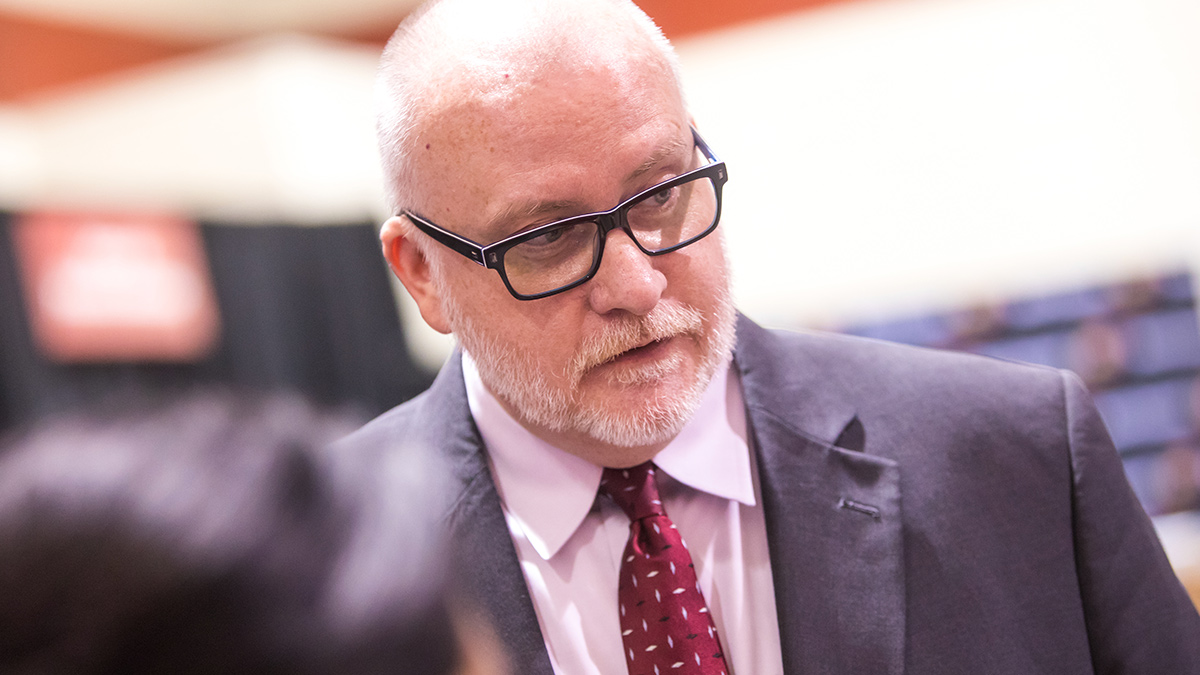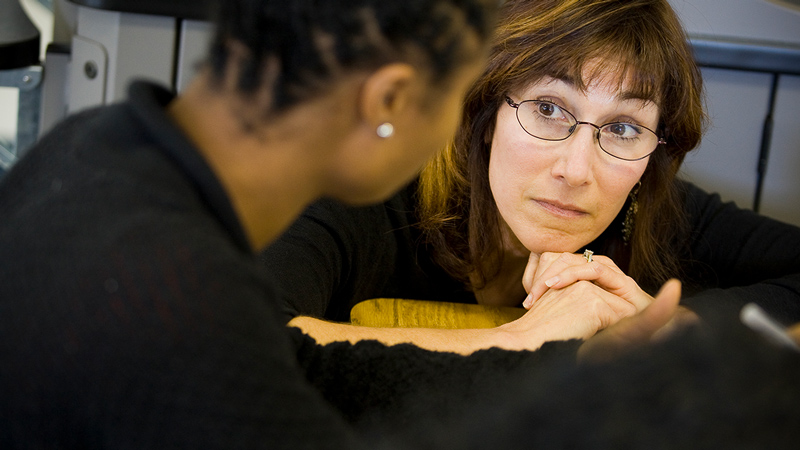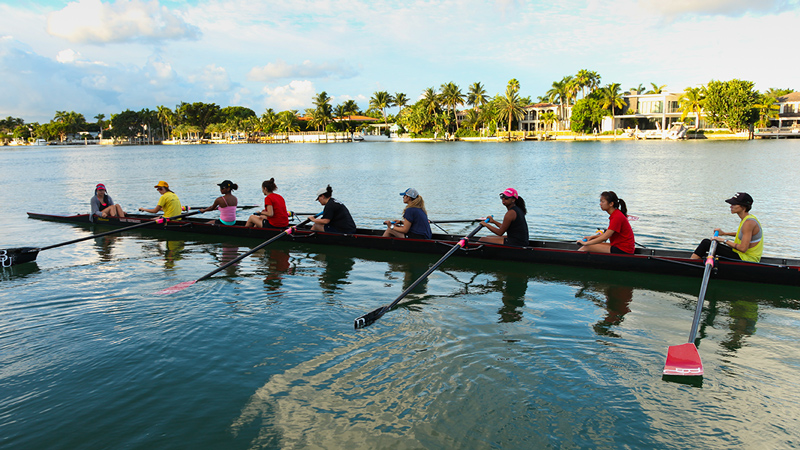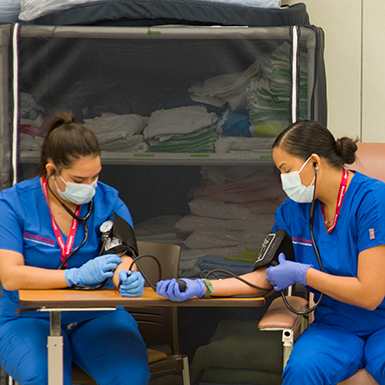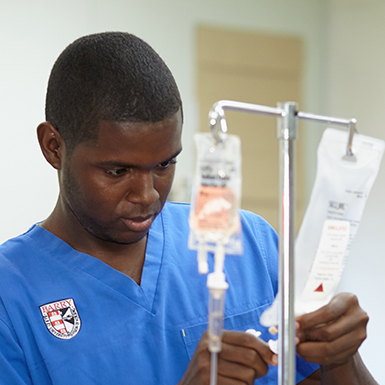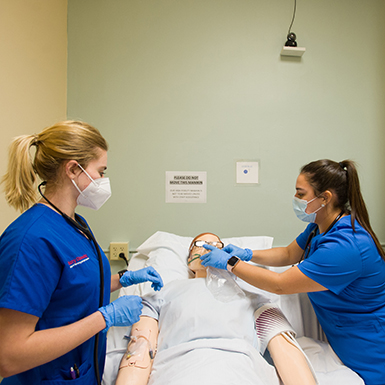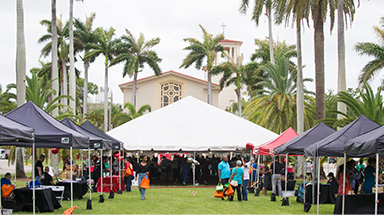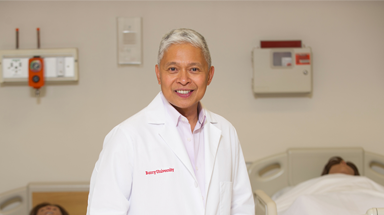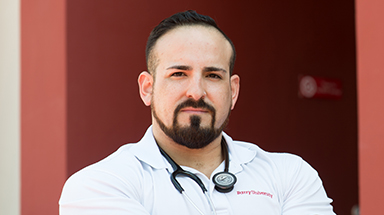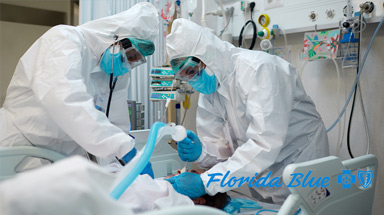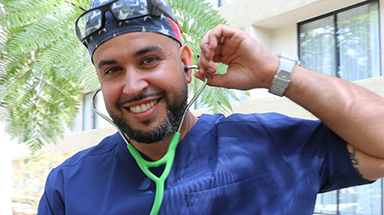Upon successful completion of all nursing program requirements, graduates are eligible to take the National Council Licensure Examination (NCLEX-RN).
After graduation students are qualified to apply for licensure by examination with a State Board of Nursing. A letter of completion and official transcript is usually sufficient evidence to apply for licensure by examination in most states. Students are advised to contact the Board of Nursing in the state they intend to take their licensure exam for detailed instructions. Official transcripts may not be available for up to two months after graduation. Faculty recommend students take the NCLEX-RN examination within a few months after graduation.
As part of the licensure application process, arrest and court records of final adjudication for any offense other than a minor traffic violation must be submitted by the applicant to the Florida Board of Nursing for review.
Effective July 1, 2009, Title XXXII Section 456.0635, Florida Statutes, requires health care boards or the Department of Health to refuse renewal of a license, certificate or registration or admit a candidate for examination, if the applicant meets certain conditions. Florida Statues: Title XXXII FLS 409; Title XLVI FLS 817 and FLS 893.


